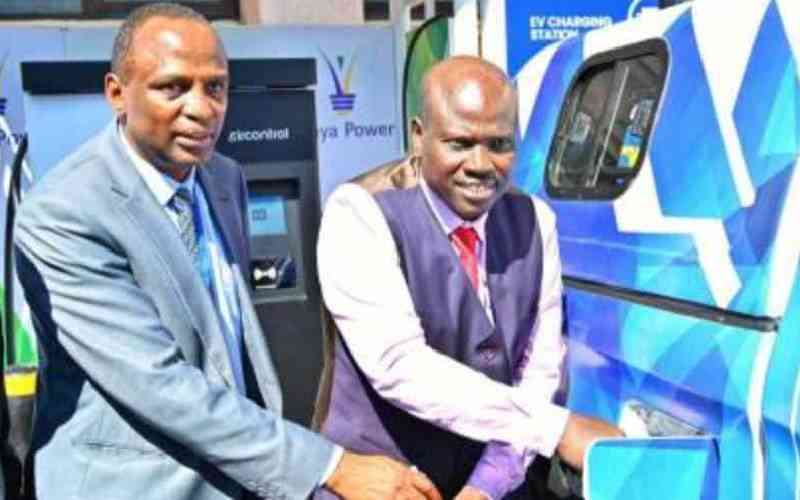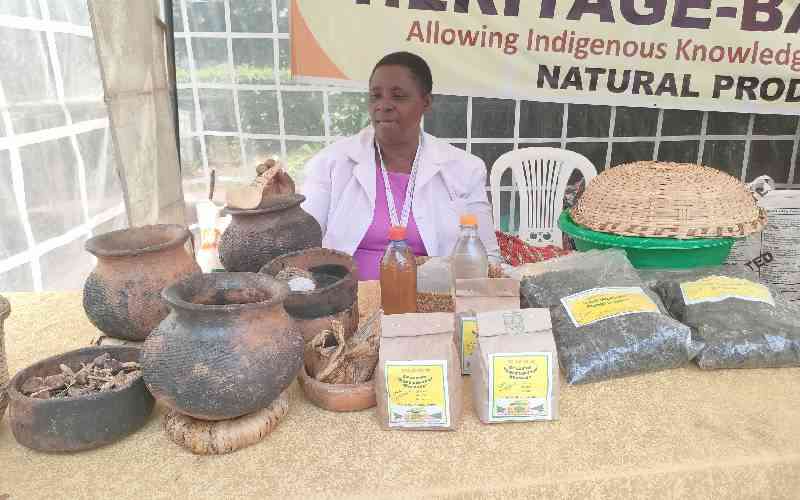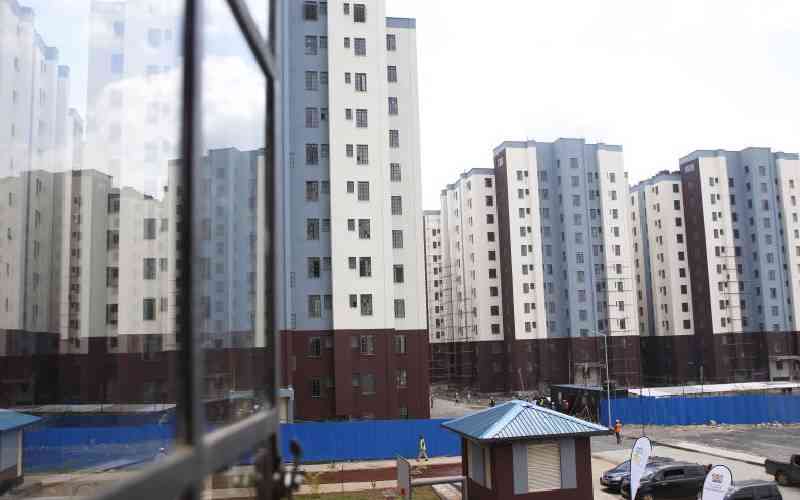×
The Standard e-Paper
Join Thousands Daily
Today, I will start with a rhetorical question: What does devolution aim to achieve?
Devolution, by its character, object and principles, aims to provide an opportunity for greater citizen participation in local development and permits the Government to respond quickly to local needs because the leaders are close to the people. In other words, it should hasten decision-making.







